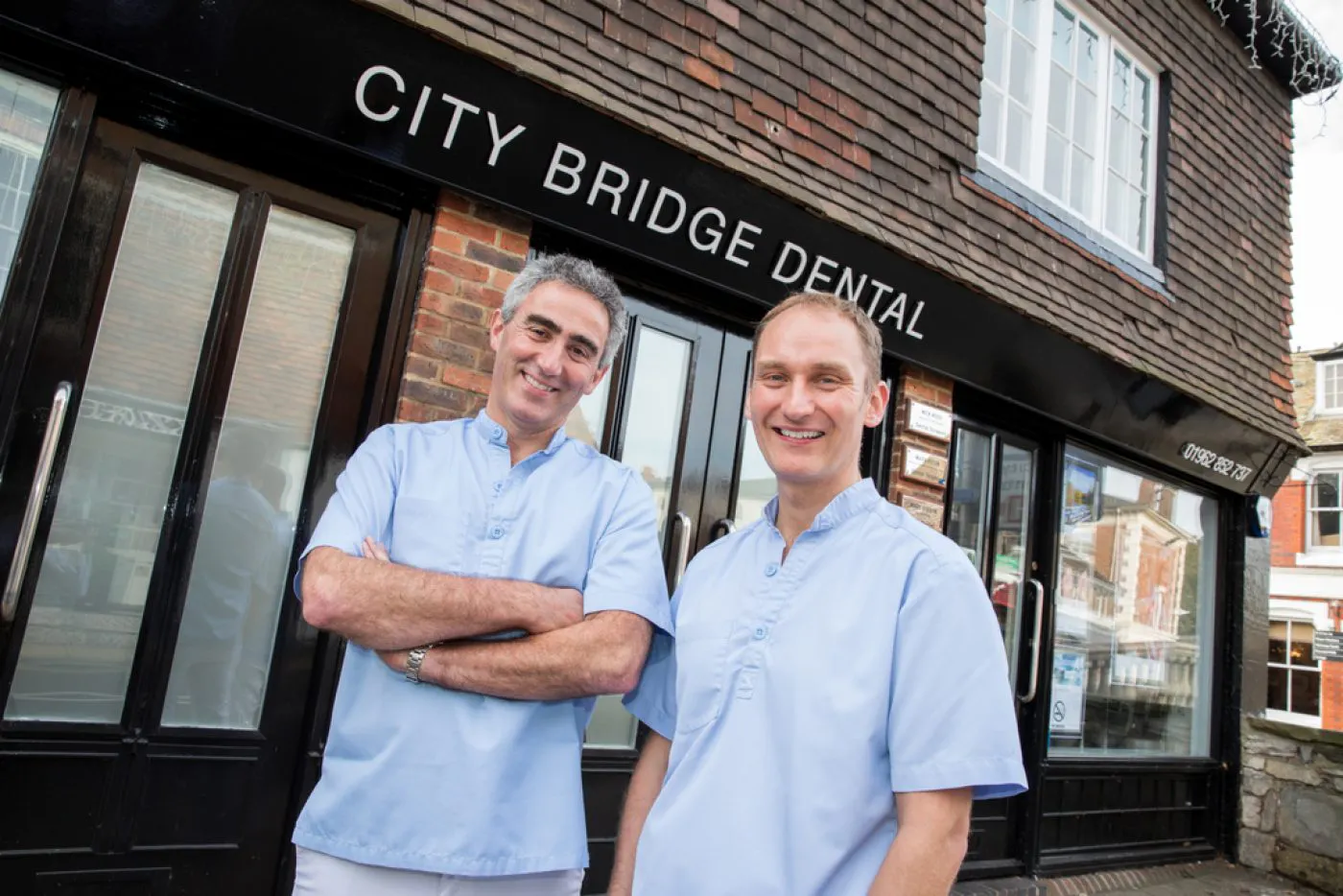Ready to speak to one of the team?
If you want to find out more, please get in touch.
In this section:
By City Bridge Dental & Implant Clinic
One issue that many young adults have to deal with is the eruption of their wisdom teeth. For many, this rite of passage causes little issue other than temporary discomfort, but, unfortunately, in some cases wisdom teeth impaction can cause problems.
Nick Ross, a Lead Dentist at City Bridge Dental, discusses some of the questions we often get about wisdom teeth below.
Wisdom teeth, also known as the ‘third molar’, are the last teeth to emerge. Molar teeth come through at the back of the mouth and the third molars usually emerge at the back of the mouth, between the ages of 17 and 25. Whilst not everybody gets wisdom teeth, we can get up to two on top and up to two on the bottom.
Before modern dentistry, wisdom teeth were essential. Our ancestors used wisdom teeth to grind down on bone and chew extremely tough food. There was also a lack of dental hygiene leading to extensive tooth loss, so when they did appear, there was plenty of room for them.
Nowadays, we don’t really have a need for wisdom teeth due to the other two molars and because of advanced dental technology and good dental hygiene, which helps us keep our teeth throughout our lives.
Since our mouths typically do not have room for wisdom teeth, 60-70% of the time they become ‘impacted’. This occurs when there’s not enough room for them or when they grow in at an awkward angle.
Wisdom teeth can be impacted in six different ways. Your dentist might refer to these using the following terms:
Symptoms can vary between individuals. In some cases, impacted wisdom teeth cause no pain and present no problems at all.
In problematic cases, impacted wisdom teeth can cause toothache or infection. The following symptoms can also occur:
If these symptoms are ignored, this can lead to:
If you believe your wisdom teeth may be coming through or causing problems, it is important to get this checked by your dentist (either by attending your regular dental check up or booking an appointment if concerned). They will take an x-ray of your mouth to confirm the position of your wisdom teeth and to identify whether they are impacted. They will then be able to recommend any treatments that may be appropriate.
If your impacted wisdom teeth are not causing you any pain or problems, there may be no need for dental treatments. This is because removing them has little benefit unless they are causing complications. However, your dentist will continue to monitor your wisdom teeth to ensure your mouth remains healthy.
For partially emerged wisdom teeth (soft tissue impaction), your dentist may recommend additions or modifications to your oral health care routine to reduce risk of future problems.
If your wisdom teeth are causing complications or pain, your dentist may recommend that they are removed. This is a relatively common procedure which can take between a few minutes to 20 minutes, depending on the complexity of your case. This is often performed under local anaesthetic (which numbs the area of your mouth being worked on), but some dentists can offer sedation to help reduce dental anxiety.
If you have not had a dental visit recently, you might not be aware that you have a wisdom tooth impaction. Symptoms aren’t always present (especially in the early stages) and up to 60-70% of wisdom teeth are impacted, so it is important to get yourself checked out. Our dentists at City Bridge Dental are highly proficient with oral surgery and can offer dental sedation to help patients with dental phobia or a fear of surgery.
If you are concerned about your wisdom teeth, contact us to find out what we can do for you.
If you want to find out more, please get in touch.

Portman Dental Care Awards





